Historical Review and Future Opportunities for Wider Scaling of Conservation Agriculture in Tunisia

Authors:
In Tunisia, rainfed agriculture is facing the major challenges of low and irregular rainfall, as well as natural resources degradation. These are further accentuated by climate change. Changes in technical and management paradigms are needed to boost agricultural productivity. Since the early 1990s in Tunisia, a Conservation Agriculture (CA) system has been proposed as an adapted set of management principles to ensure more efficient and resilient agricultural production systems. In the last 20 years several research and development (R&D) projects have been implemented. Research findings in Tunisia show that the long-term adoption of CA allows increased crop yields and water use efficiency of cereals, enhanced soil biological life and soil organic carbon and reduced energy costs at farm level. Despite promising research results, adoption and up-scaling of CA in Tunisia has been rather modest (currently some 16,000 ha are managed under CA systems). The purpose of this book chapter is to summarize the previous R&D projects dealing with CA in Tunisia. It also aims to provide better insights into the complexity and potential ongoing solutions for integrating crops and livestock into CA systems. Crop–livestock systems dominate a large part of northern and central Tunisia where most of the rainfed field crops are produced.
